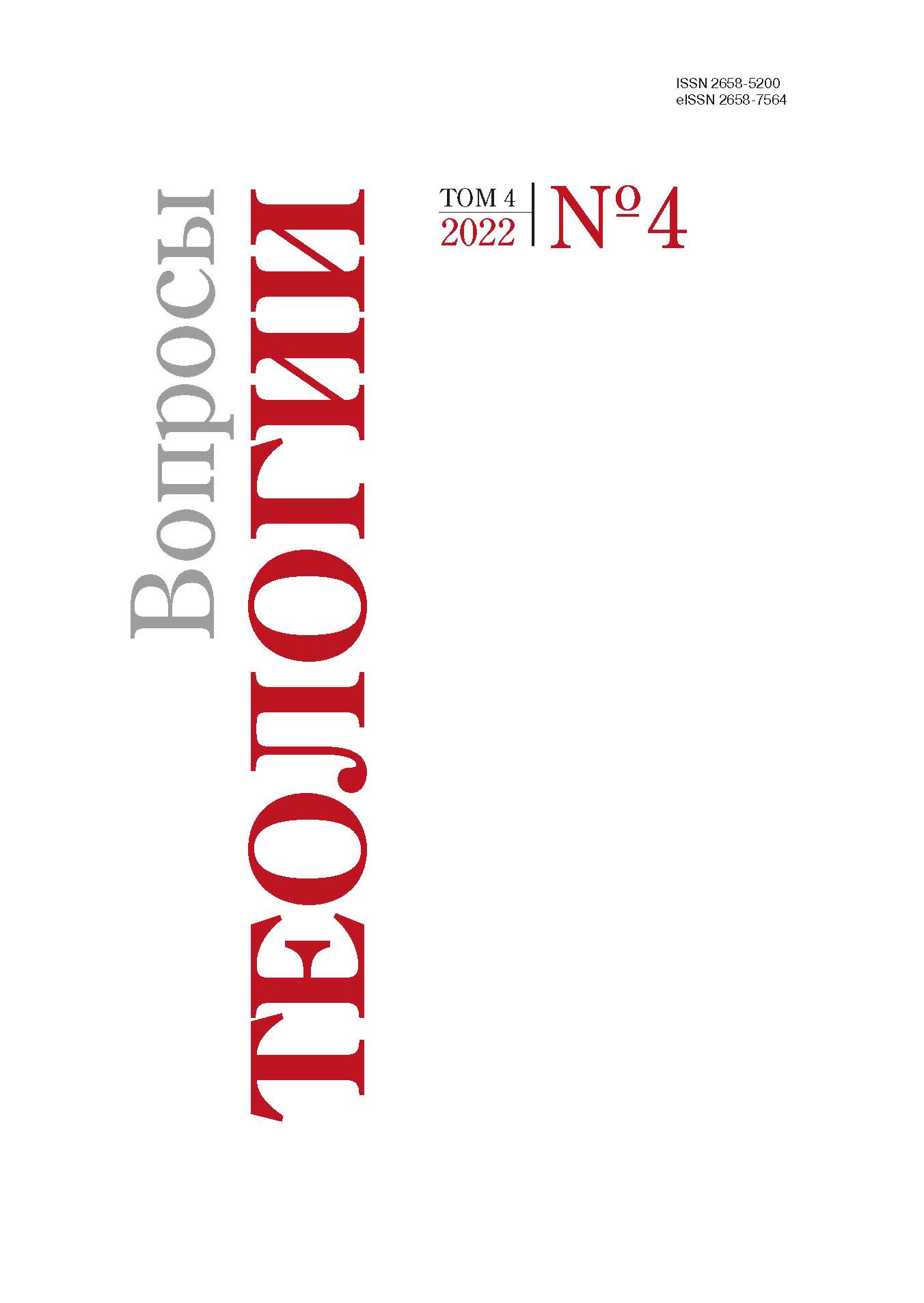Teaching of the church law in secular educational institutions of the Russian Empire: The origins
DOI:
https://doi.org/10.21638/spbu28.2022.409Abstract
The article presents an excursion into the history of the origin of the scientific discipline of “church law” in the system of humanitarian knowledge of the Russian Empire in the 19th century. Church law throughout the 18th century was considered part of the spectrum of theological disciplines and was developed exclusively by professors of theology. The idea of teaching “ecclesiastical jurisprudence” in secular universities of the Russian Empire remained controversial for a long time. But with the change in the Statutes of Imperial Universities at the beginning of the 19th century, the practice of teaching church law began to enter university education. By the middle of the 19th century, the situation had completely transformed; church-legal topics became the object of scientific research by secular lawyers and jurists. The article reflects the institutional changes in the field of university education that have influenced the state of teaching church law. The work demonstrates the evolution of methods and approaches within the discipline of “church law”. Institutional changes in the charters of secular educational institutions gave a powerful impetus to the development of a unified methodology for teaching church law. Two research areas (theological and legal) that dominate the system of church law have improved this discipline, enriching it with methodological findings. In conclusion, the complexity and relevance of this problem in the study of church law at the present stage is presented.
Keywords:
church law, university education, system of church law, church jurisprudence, Russian Empire, General Statute of Imperial Russian Universities
Downloads
References
References
Downloads
Published
Issue
Section
License
Articles of "Issues of Theology" are open access distributed under the terms of the License Agreement with Saint Petersburg State University, which permits to the authors unrestricted distribution and self-archiving free of charge.




